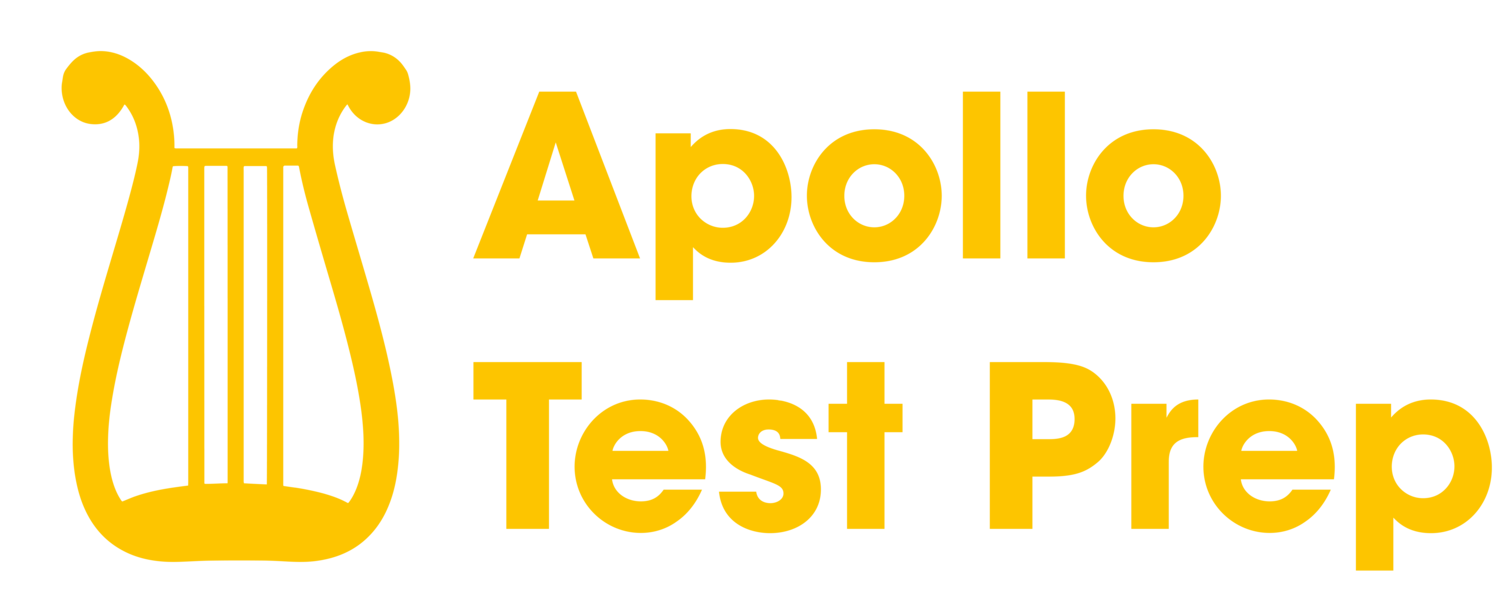LSAT Explanation PT 23, S2, Q9: Every action has consequences, and among
LSAT Question Stem
Which one of the following is an assumption on which the argument depends?
Logical Reasoning Question Type
This is a Necessary Assumption question.
Correct Answer
The correct answer to this question is E.
LSAT Question Complete Explanation
Let's first analyze the passage and identify the premises and conclusion. The passage states that every action has consequences, and among those consequences are other actions. It also states that knowing whether an action is good requires knowing whether its consequences are good, but we cannot know the future. The conclusion drawn is that good actions are impossible. In this case, the premises are:
1. Every action has consequences, including other actions.
2. Knowing whether an action is good requires knowing whether its consequences are good.
3. We cannot know the future.
The conclusion is: Good actions are impossible.
An "Evaluate" question for this argument could be: "Is it necessary for us to know the future in order to determine whether an action's consequences are good?"
The question type for this problem is Necessary Assumption, and it asks us to identify the assumption on which the argument depends.
Now let's discuss each answer choice:
a) Some actions have only other actions as consequences.
- This answer choice is irrelevant to the argument, as it does not address the necessity of knowing the future to determine whether an action is good.
b) We can know that past actions were good.
- This answer choice is also irrelevant to the argument. The argument is about the impossibility of good actions due to our inability to know the future, not about evaluating past actions.
c) To know that an action is good requires knowing that refraining from performing it is bad.
- This answer choice does not address the issue of knowing the future and its relation to determining whether an action is good. It introduces a new concept (refraining from performing an action) which is not relevant to the argument.
d) Only actions can be the consequences of other actions.
- This answer choice is irrelevant to the argument, as it does not address the necessity of knowing the future to determine whether an action is good.
e) For an action to be good, we must be able to know that it is good.
- This is the correct answer choice. It fills the gap in the argument by stating that in order for an action to be good, we must be able to know that it is good. If we negate this assumption (i.e., for an action to be good, we do not need to be able to know that it is good), it directly challenges the basis for the conclusion that good actions are impossible.
